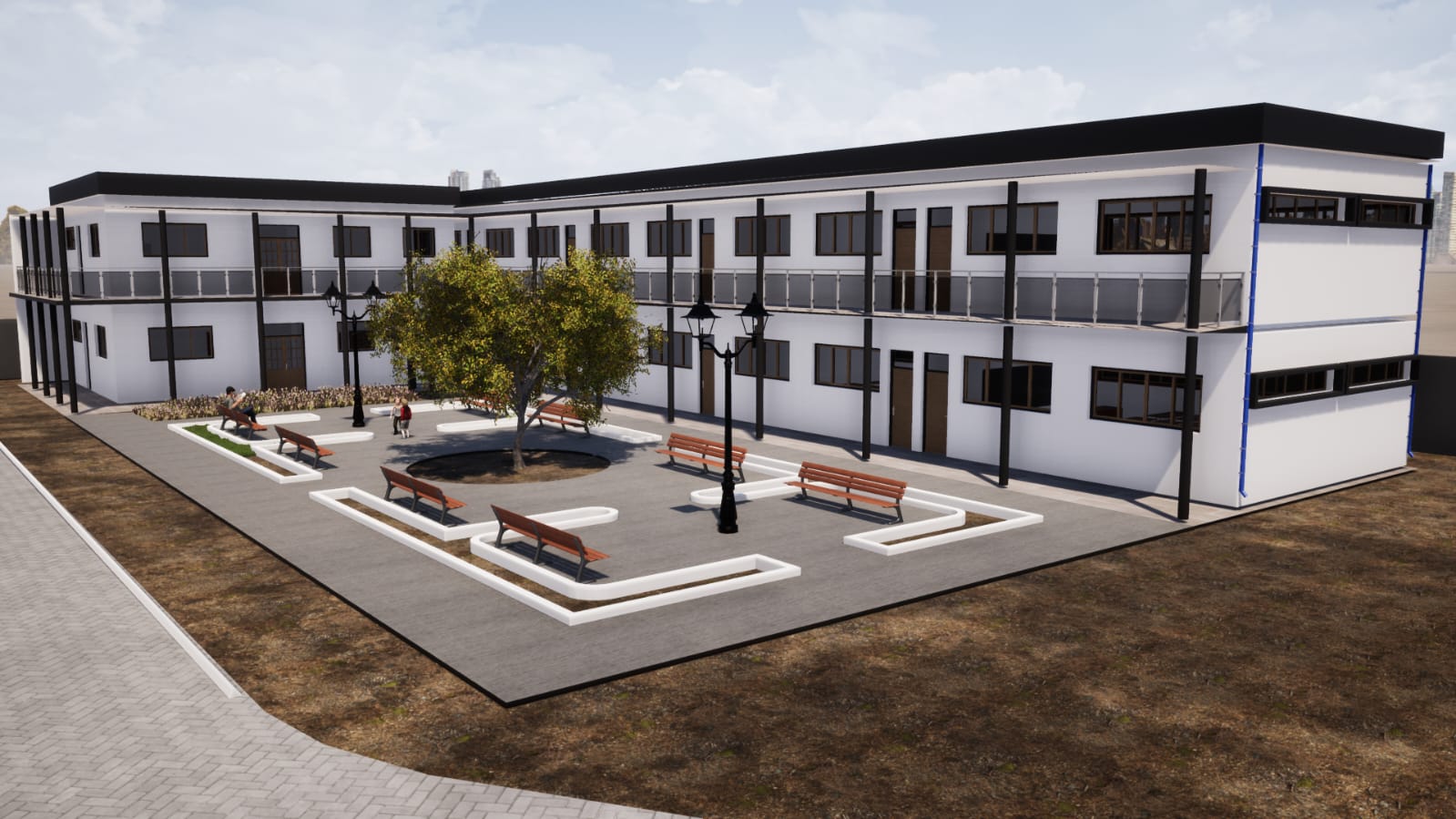J1213N Growing Hope School Mozambique
Mozambique, Africa

The Situation
The education system in Mozambique faces significant challenges, including a lack of resources (buildings, furniture, and computers) and limited access to quality education. The government’s capacity to enhance school access has not kept up with its ability to improve the quality. The rapid expansion has placed pressure on school management, teaching personnel and the overall quality of effective classroom instruction. The specific needs of schools in Mozambique include:
- Mozambique is a Commonwealth country, surrounded by English-speaking countries, however, English is not taught until secondary school which is too late for students to develop fluency. The teaching of English as a second language is imperative to empower this generation.
- Lack of space has resulted in over-crowded multi-shift public education class sizes of 70 to 80 students resulting in reduced teaching hours, and literacy difficulties in students. Demand for private schools is rising among working-class families seeking better educational outcomes.
The Objectives
The Hope Primary School plans to build and establish a high-quality school in Beira, Mozambique that will be self-sustaining and income-generating. The school will offer:
- A unique and enriching educational experience for children in the region, with a strong emphasis on teaching English as a second language
- Additional activities include music, dance, swimming, arts, computer literature and special teacher training
- Smaller class sizes (35)
- Provide scholarships for children who face barriers to education due to the challenges of poverty
The Growing Hope School project will enhance educational access by establishing a high-quality, self-sustaining educational institution in Mozambique, focusing on teaching English as a second language, offering a diverse curriculum, and fostering community development through job creation.
J1213N
